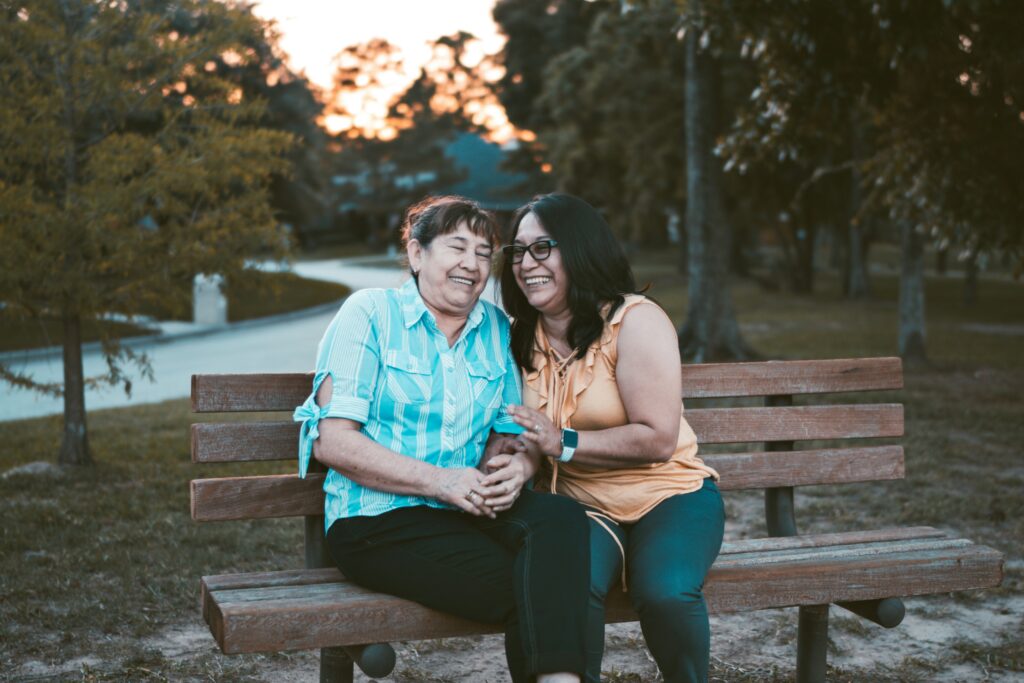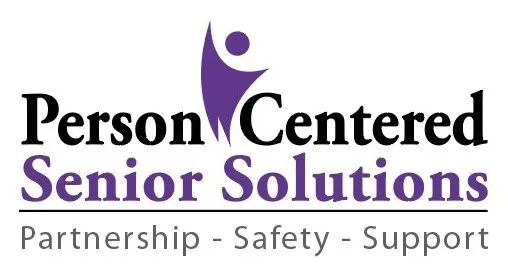Noticing Changes - The Crucial First Step in Dementia Care
When it comes to caring for a loved one with dementia, the journey often begins with subtle changes that can be easily overlooked. Recognizing these changes early on is essential for providing timely and appropriate care, which can significantly impact the quality of life for both the individual and their family. At PC Senior Solutions, we understand the importance of Phase 1: Noticing Changes — and we are here to guide you through this critical stage.
The Importance of Early Detection
 Early detection of dementia-related changes allows for more proactive management of the condition. According to the Alzheimer's Association, early intervention can slow the progression of the disease, allowing for better planning and improved outcomes. Recognizing the signs early also provides an opportunity for your loved one to participate in decisions about their care and future, helping to maintain their dignity and autonomy.
Early detection of dementia-related changes allows for more proactive management of the condition. According to the Alzheimer's Association, early intervention can slow the progression of the disease, allowing for better planning and improved outcomes. Recognizing the signs early also provides an opportunity for your loved one to participate in decisions about their care and future, helping to maintain their dignity and autonomy.
Common Early Signs of Dementia
Dementia is not a single disease but a general term for a decline in cognitive ability severe enough to interfere with daily life. Memory loss is a common symptom, but there are other early signs that families should be aware of:
- Memory Loss Affecting Daily Life: Forgetting recently learned information, important dates, or events and relying more on memory aids or family members for things they used to handle on their own.
- Difficulty Planning or Solving Problems: Struggling to develop or follow a plan, such as keeping track of monthly bills or following a familiar recipe.
- Confusion with Time or Place: Losing track of dates, seasons, and the passage of time. Individuals may forget where they are or how they got there.
- Challenges with Understanding Visual Images and Spatial Relationships: Difficulty reading, judging distance, and determining color or contrast, which may cause problems with driving.
- New Problems with Words in Speaking or Writing: Trouble following or joining a conversation. They may stop in the middle of a conversation and have no idea how to continue or repeat themselves.
- Misplacing Things and Losing the Ability to Retrace Steps: Putting things in unusual places, losing things, and being unable to go back over their steps to find them again. This may lead to accusing others of stealing.
- Decreased or Poor Judgment: Experiencing changes in judgment or decision-making, such as giving large amounts of money to telemarketers.
- Withdrawal from Work or Social Activities: Removing themselves from hobbies, social activities, or other engagements. They may become withdrawn due to changes they are experiencing.
The Role of Family in Noticing Changes
Family members are often the first to notice changes in a loved one’s behavior or cognitive abilities. It’s important to pay attention to these signs and not dismiss them as just part of "getting older." Keeping a detailed record of the changes you observe can be incredibly helpful when consulting with healthcare professionals. The Mayo Clinic suggests that even subtle shifts in behavior, mood, or cognitive abilities should be taken seriously and discussed with a healthcare provider.

What to Do When You Notice Changes
When you begin to notice changes, it’s crucial to take action. Here are some steps you can take:
- Schedule a Medical Evaluation: Encourage your loved one to visit a doctor for a comprehensive assessment. Early diagnosis can help manage symptoms and plan for the future.
- Document Observations: Keep a journal of the changes you observe, including the frequency and context in which they occur. This can provide valuable information for healthcare providers.
- Start the Conversation: Begin discussing the changes with your loved one and other family members. While these conversations can be difficult, they are necessary for making informed decisions about care and planning for the future.
- Educate Yourself: Learn as much as you can about dementia and its progression. Understanding what to expect can help you and your family prepare for the challenges ahead.
- Seek Professional Guidance: Consider consulting a geriatric care manager or a dementia care specialist. These professionals can provide personalized advice and help coordinate care that meets your loved one’s specific needs.
Moving Forward with Confidence
Noticing changes is the first step in a long journey, but it’s an essential one. At PC Senior Solutions, we’re here to support you through every phase of this journey. Our team of experienced professionals can provide the guidance and resources you need to ensure that your loved one receives the best possible care.
By taking action early and seeking the right support, you can make a significant difference in the lives of your loved one and your family. Don’t hesitate to reach out to us for assistance—we’re here to help.
